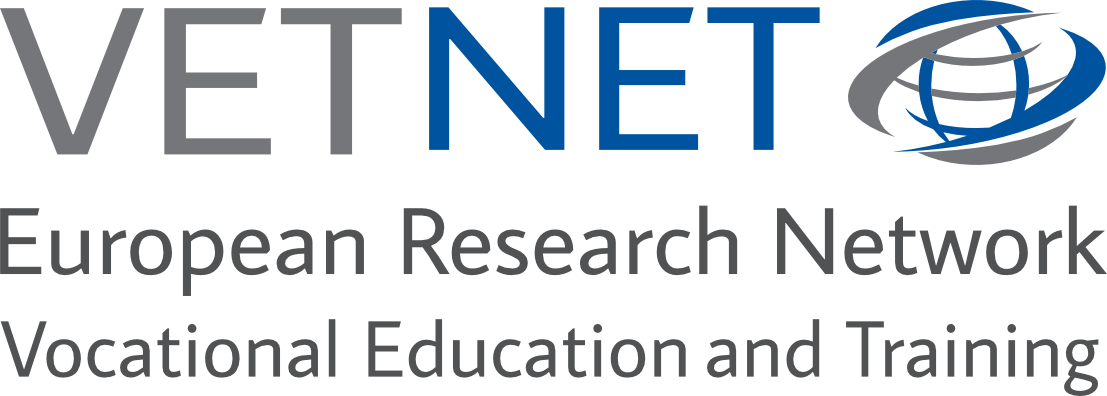Emphasising Self-Directed Learning in VET-Schools: Teachers' Convictions and Role Negotiations
DOI:
https://doi.org/10.13152/IJRVET.12.1.1Keywords:
Self-Directed Learning, Vocational Teachers, Institutional Role, Mentoring, Coaching, VET, Vocational Education and TrainingAbstract
Context: Accompanying learners in their increasingly self-directed learning is an important goal in the field of vocational education and training. With digitalisation, the traditional role of the teacher, characterized in terms of an arbiter and transmitter of knowledge, is in crisis. Besides teachers' task in instruction, other role aspects are coming to the fore, such as supporting learners in their self-directed learning. Words such as coach, mentor, and learning facilitator emphasize mentoring as a key component of the teacher’s role, but these are challenging to implement in practice.
Method: The study used in-depth interviews with 10 vocational teachers who emphasise self-directed learning in their lessons. Based on Schütze's narrative analysis method, the narratives revealed how the teachers described typical experiences in relation to their role conception and their role action.
Findings: For the conception and role implementation of coaching roles, the teachers' convictions of what constitutes good learning and teaching were decisive. Training in teacher-training colleges seems to broaden and shift the understanding of teaching and learning processes and progressive roles. Teachers often experience that learners spontaneously reject their progressive roles, with learners appearing to prefer traditional teaching and role design. Although their new roles are not yet fully manifested and normalised in their teaching practice, teachers need to repeatedly legitimize the benefits of their role implementation to different stakeholders. Furthermore, difficulties arise in the practical implementation of the roles, since how to act as a teacher in various instructional sequences that emphasise self-directed learning often seems ambiguous.
Conclusion: The teacher's role is in flux, and with changing expectations come challenges in understanding and fulfilling their role. The study results show typical experiences and negotiations of vocational teachers who emphasise self-directed learning in their lessons. The themes derived from the vocational teachers’ narrations shed important insights into role negotiation, and the findings may offer direction in how to support and guide teachers in their role implementation.
Additional Files
Online First / Final Publication Date
How to Cite
Issue
Section
URN
License
Copyright (c) 2025 Anna Keller, Patric Raemy

This work is licensed under a Creative Commons Attribution-ShareAlike 4.0 International License.





